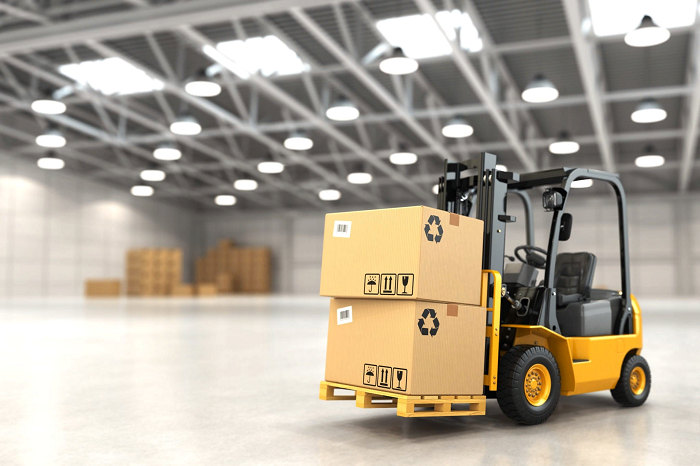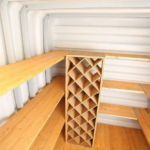The efficiency of the warehouse determines not only the speed of the company’s turnover as a whole, but also significantly affects the reputation of the supplier of one or another product. For this reason, neglecting the practice of optimizing its work and providing the warehouse with the necessary equipment is fraught with not the most pleasant long-term consequences for its owner. It is clear that the set of equipment for loading and unloading operations in the premises is determined by the specifics of the enterprise. However, there is one machine on this list, without which the operation of any warehouse will be ineffective. Provided that we are talking about constant work with large batches of products, of course.
So, a loader is a familiar technique, which is indispensable either in business or at a construction site; it also remains a difficult device in terms of choice. The main criteria for its evaluation are the carrying capacity, the range of fork heights, dimensions, the range of functions performed, the complexity of the device and fuel consumption. Nevertheless, in practice, the owners of the warehouse, looking for their first loader (for rent or for acquisition), are not at all focused on the technical characteristics of the machine, but on the fame of its manufacturer. And although this criterion is the last one on the list (for specialists), it is also impossible not to pay attention to it.
Conventionally, all manufacturers of loaders can be divided into 2 groups: domestic or Chinese companies and Western brands of cars. According to the majority, the second option for any warehouse will be a better acquisition. However, upon closer inspection, it turned out that it also has its drawbacks. Firstly, spare parts for foreign-made loaders are not yet as affordable and are not presented in such a wide range as parts for foreign cars. Secondly, the cost of the same German or American loader remains unbearable for many. And so far only selected professionals of the domestic market have learned to serve foreign models.
On the other hand, it is much more difficult to bring a European model of a warehouse loader to repair than a domestic analogue. And the narrow specialization of individual Western brand machines significantly increases the efficiency of its operation (that is, the costs of regular maintenance of the warehouse are reduced). At the same time, European technology is less whimsical, obedient and easy to operate.
As for domestic loaders, such warehouse equipment is distinguished, first of all, by an attractive price: for the equipment itself, its maintenance and service. A wide range of functions (universal nature) of devices increases their relevance in the implementation of any type of work. In addition, domestic vehicles can easily cope with loading or unloading in difficult climatic conditions, when even German loaders can get stuck in viscous ground washed out by rain. But in terms of wear resistance over the years (loss in actual value), they are an order of magnitude inferior to foreign units. In addition, they work more slowly (by about 20%), increasing labor costs, loss of time and money for warehouse maintenance. Domestic cars require repairs about three times more often than European ones. They are also inferior to competitors in power and obedience.








